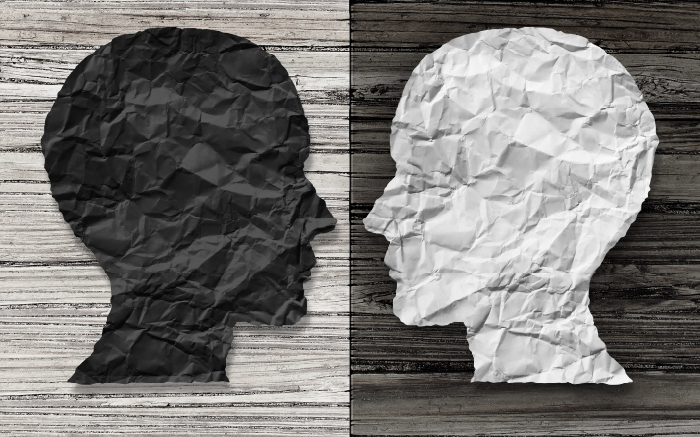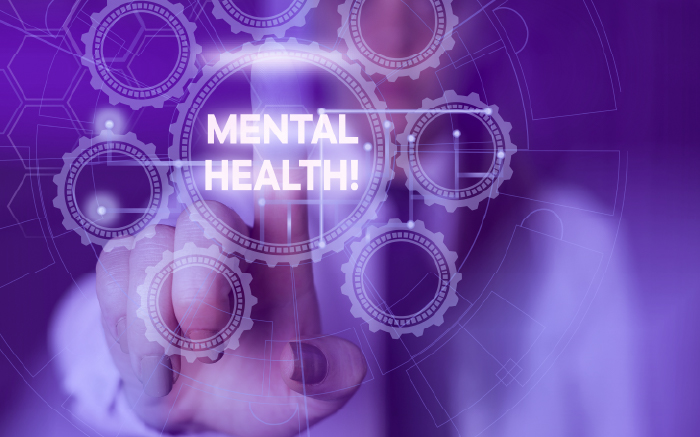In the tapestry of human emotions, anxiety stands out as a universal thread woven through the fabric of our lives. It’s an emotion characterized by feelings of tension, worried thoughts, and physical changes like increased blood pressure. Yet, for many, anxiety goes beyond temporary worry or fear. When anxiety feelings are excessive, lasting six months or more, they can interfere with daily activities, signaling an anxiety disorder. This comprehensive guide aims to shed light on anxiety, offering insights into its nuances and providing strategies for management and relief.
What is Anxiety?
Anxiety is a natural response to stress. It’s a feeling of fear or apprehension about what’s to come. For example, the first day at a new job, giving a presentation, or going through a difficult period, such as a pandemic, can cause most people to feel fearful and nervous. However, when these feelings are overwhelming, last for long periods, and affect your ability to live your life, you might be experiencing an anxiety disorder.
Types of Anxiety Disorders
- Generalized Anxiety Disorder (GAD): Characterized by chronic anxiety, exaggerated worry, and tension, even when there is little or nothing to provoke it.
- Panic Disorder: Involves sudden, intense episodes of fear that trigger severe physical reactions when there is no real danger or apparent cause.
- Social Anxiety Disorder: Marked by overwhelming worry and self-consciousness about everyday social situations. The worry often centers on a fear of being judged by others, or behaving in a way that might cause embarrassment or lead to ridicule.
- Specific Phobias: An intense fear of a specific object or situation, such as heights or flying. The level of fear is usually inappropriate to the situation and may cause the person to avoid common, everyday situations.
- Obsessive-Compulsive Disorder (OCD) and Post-Traumatic Stress Disorder (PTSD) are closely related to anxiety disorders. While each has unique characteristics, they share the common thread of excessive fear and anxiety.
Causes of Anxiety
Anxiety disorders can be caused by a variety of factors, including genetics, brain chemistry, personality, and life events. It’s often a combination of these that contributes to the development of an anxiety disorder.
- Genetics: Anxiety disorders can run in families. However, just because a family member has an anxiety disorder doesn’t mean you will necessarily have one too. It suggests that there might be a genetic predisposition to anxiety disorders.
- Brain Chemistry: Anxiety disorders may be linked to faulty circuits in the brain that control fear and emotions. Research is ongoing into how these circuits might interact with the environment and genetics to play a role in the development of anxiety disorders.
- Personality: People with certain personality types are more prone to anxiety disorders than others. For example, children who are perfectionists, easily flustered, timid, inhibited, lack self-esteem, or want to control everything, sometimes develop anxiety disorders as they grow up.
- Life Events: A traumatic event, such as abuse, the death of a loved one, divorce, or changing jobs or schools, may lead to an anxiety disorder. The stress induced by these events can be the tipping point for someone with a predisposition to develop an anxiety disorder.
Symptoms of Anxiety
Anxiety feels different depending on the person experiencing it. Feelings can range from butterflies in the stomach to a racing heart. You might feel out of control like there’s a disconnect between your mind and body. Other ways people experience anxiety include nightmares, panic attacks, and painful thoughts or memories that you can’t control. You may have a general feeling of fear and worry, or you may fear a specific place or event.
Symptoms of general anxiety include:
- Excessive worry
- Restlessness
- Being easily fatigued
- Difficulty concentrating
- Irritability
- Muscle tension
- Sleep disturbances
Impact of Anxiety on Daily Life
Anxiety can affect daily functioning, relationships, work performance, and the overall quality of life. It can lead to physical health issues such as digestive problems, insomnia, chronic pain, and a weakened immune system. Anxiety can also contribute to or exacerbate other mental health issues, including depression and substance abuse.
Coping Mechanisms and Treatment
Self-help Strategies
- Mindfulness and Meditation: Techniques that help ground thoughts in the present moment and reduce anxiety.
- Physical Activity: Regular exercise can help alleviate anxiety by releasing endorphins and providing a focused activity that can distract from worries.
- Healthy Lifestyle Choices: Eating a balanced diet, getting enough sleep, and avoiding alcohol, caffeine, and sugar can help reduce symptoms of anxiety.
Professional Treatment
- Psychotherapy: particularly cognitive-behavioral therapy (CBT), is effective for anxiety disorders. It helps identify and challenge negative thought patterns and behaviors and replace them with positive ones.
- Medication: Antidepressants, anti-anxiety medications, and beta-blockers can help manage some of the physical symptoms of anxiety.
Support Systems
Engaging with supportive family members, and friends, or joining a support group can provide comfort and alleviate feelings of isolation associated with anxiety.
Understanding anxiety is the first step toward managing it. While it can be a daunting journey, recognizing the signs, knowing when to seek help, and employing strategies to cope with anxiety can lead to a more fulfilling and balanced life. Remember, anxiety is a common experience, and with the right tools and support, it can be navigated successfully.






